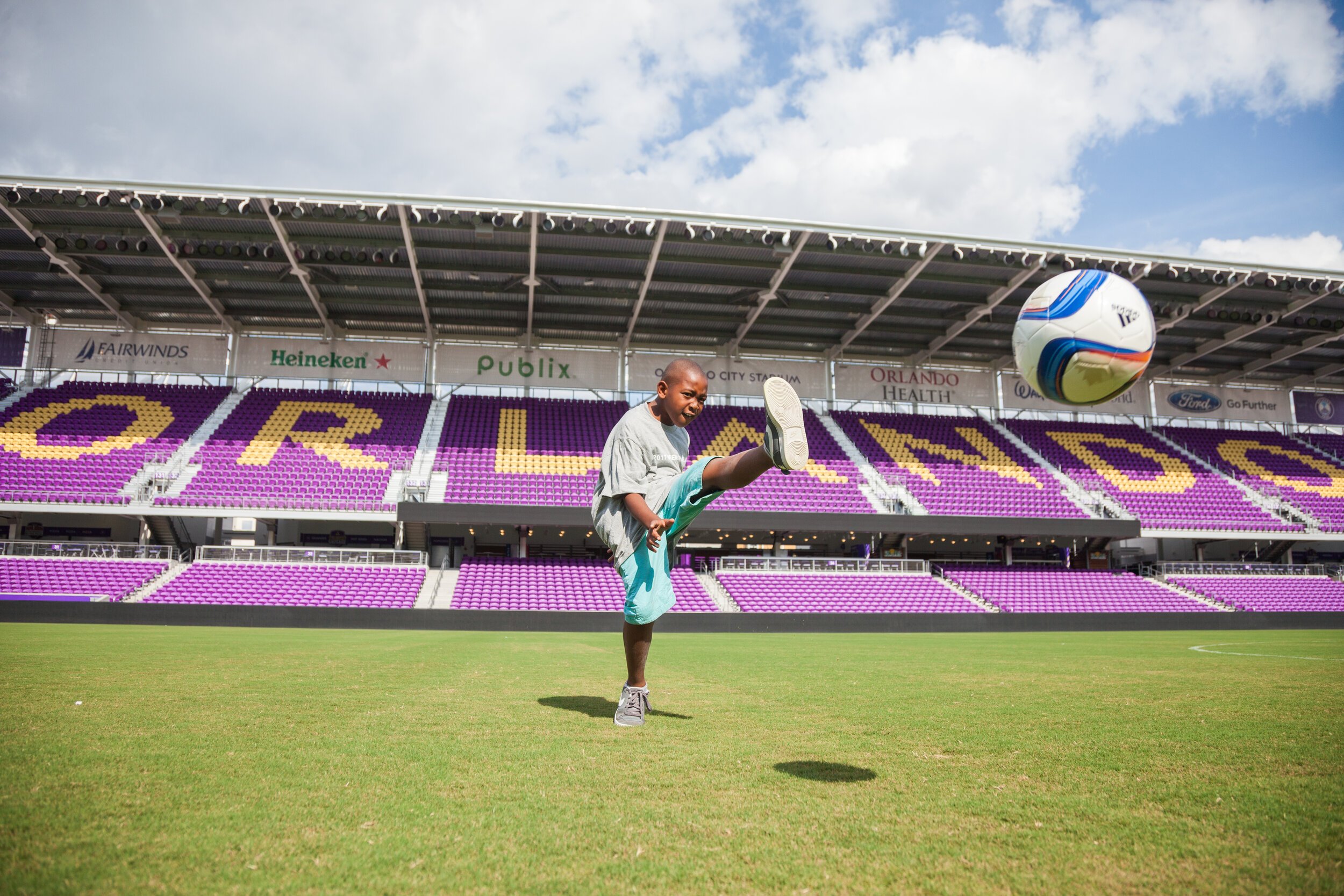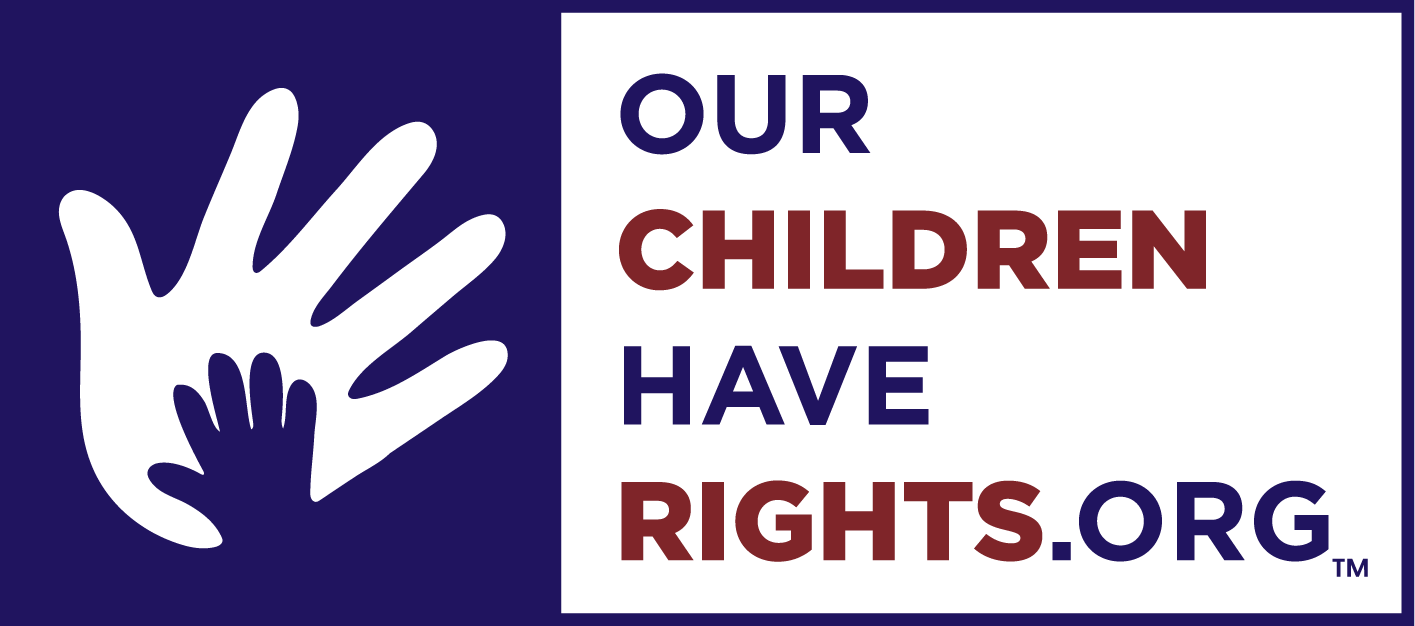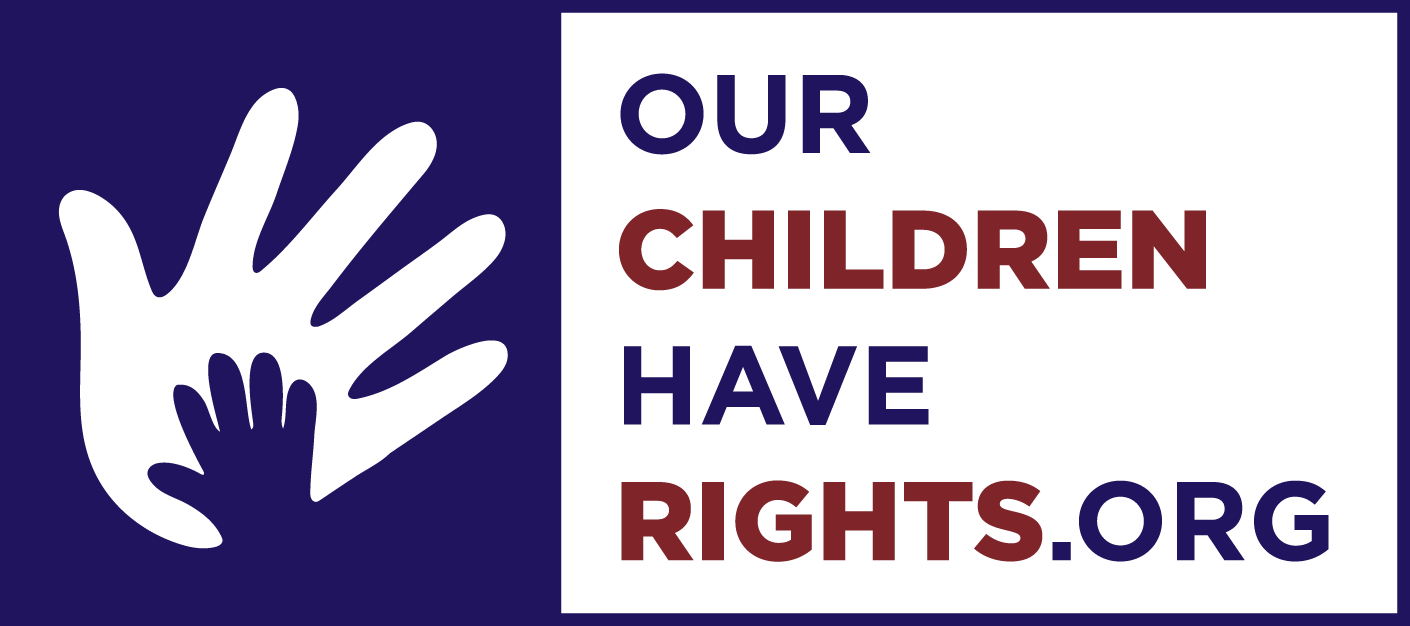
Our Mission
We bring soccer to under-served communities with a holistic approach to health and wellness. We accomplish this by providing free soccer programming, investing in safe places to play, and focusing on urban gardens and access to healthy food choices.

Mini-Pitches
For communities where space is at a premium, the Foundation installs safe places to play - called mini-pitches - which are the size of a converted tennis court. At present, we have funded and installed (9) nine mini-pitches at community and recreation centers across Central Florida:
-
John H. Jackson Neighborhood Center; Orlando, Orange County
Dr. I. Sylvester Hankins Park; Orlando, Orange County
Engelwood Neighborhood Center; Orlando, Orange County
Rock Lake Community Center; Orlando, Orange County
Frontline Outreach Center; Orlando, Orange County
Boys & Girls Club; Pine Hills, Orange County
Geneva Elementary School; Geneva, Seminole County
Boys & Girls Club; Kissimmee, Osceola County
XL Soccer World; Orlando, Orange County
Free Soccer Programs
Children need to be active every day to promote their healthy growth and development. Children who establish healthy lifestyle patterns at a young age will carry them, and their benefits, forward for the rest of their lives.
-
Healthy growth and development
Better self-esteem
Stronger bones, muscles and joints
Better posture and balance
A stronger heart
A healthier weight range
Social interaction with friends
Learning new skills while having fun
Better focus and concentration during school

Community Gardens
Poor nutrition and obesity are both challenges to low-income neighborhoods. Low accessibility to nutritious foods can cause health problems to residents located in food deserts. The addition of gardens to these areas may improve nutrition and increase the consumption of fruits and vegetables.
The Foundation believes that urban agriculture can be beneficial to the environment, and to the health and wellbeing of community members. The introduction of community gardens may be able to reduce the impact of food deserts in low-income areas and allow residents greater access to nutritious food that is necessary to live a healthy life.
Community gardens can mitigate some of the problems that plague urban areas. They can be a beneficial addition to many communities by increasing the availability of nutritious foods, strengthening community ties, reducing environmental hazards, reducing food miles and creating a more sustainable system.
-
Rock Lake Community Center near Camping World Stadium - 20 raised beds next to the mini-pitch;
Boys & Girls Club, Pine Hills
JB Callahan Neighborhood Center
OCPS ACE PS8 school in Parramore - 16 beds
Part-funded the biggest community garden in Orlando at Lake Druid Park - 50 beds
Quarter Acre Farm in Parramore
Winter Park Day Nursery
Orlando Day Nursery
Rock Lake Middle School (Special Education program)
Coalition for the Homeless
Quest Inc. Training Center
Neptune Middle School
Arbor Ridge K-8 School
John H Jackson Community Center
Jones High School in partnership with Ruckus Cares
United Abolitionist (survivors of human trafficking)
Why We Do It
THE PROBLEM
Florida has the fourth highest obesity rate for youth ages 10 to 17 meaning that 3 out of 10 children are overweight or obese putting them at risk for developing lifelong chronic diseases such as type 2 diabetes, heart disease, high blood pressure, stroke and mental health issues. The obesity crisis costs our nation more than $150 billion annually in healthcare costs and millions more in lost productivity.
Obesity is a child development and academic achievement issue. Obesity prevention is an investment in our children’s ability to learn and grow. Childhood obesity is correlated with poor educational performance and increased risk for bullying and depression. If all kids have the opportunity to grow up at a healthy weight — a lifestyle that includes nutritious food and plenty of time for active play — they are more likely to reach their full potential.
Obesity is an equity issue. Obesity disproportionately affects low-income and rural communities as well as certain racial and ethnic groups, including Blacks, Latinos and Native Americans. Societal inequities contribute to these disparities. For example, in many communities, children have few safe outdoor spaces to play or accessible routes to walk or bike to school. Their neighborhoods may often be food deserts, having small food outlets and fast-food restaurants that sell and advertise unhealthy food and beverages, but lacking those with fresh and healthy foods at affordable prices. Thus, addressing the obesity epidemic is also a fight for health equity.
THE SOLUTION
In the last several years, the Foundation has installed safe places to play - mini-pitches and community gardens, bringing access to healthy food choices to under-served areas of our community. The Foundation runs free soccer programs, including providing equipment, in 12 community recreation centers.
How We Do It
OUR HISTORY
The Foundation was formed in 2012 to help meet the needs of our community. Funds are raised through our very generous partners, third-party fundraisers, and a variety of events outlined below.
Please email foundation@orlandocitysc.com if you would like details of how to partner or attend our events.
The SoccerBall kicks off our season in style in February and features great food, drink, and entertainment with the opportunity to mingle with the Orlando Pride and Orlando City players and coaches.
Bring your 'A' game to the PlayBingo Ladies Luncheon with your table theme for a chance to win the coveted 'Best Dressed' table award. Sip on bubbly and compete to win amazing prizes!
Our FootGolf Tournament brings players, coaches, partners, and supporters together for a morning of fun with #NoClubsRequired!
Contact Us!
We bring soccer to under served communities with a holistic approach to health and wellness. We accomplish this by providing free soccer programming, investing in safe places to play, and focusing on urban gardens and access to healthy food choices.




